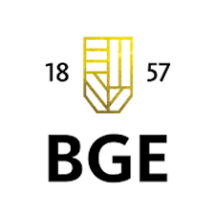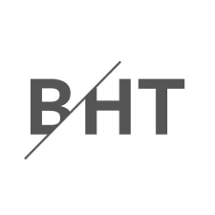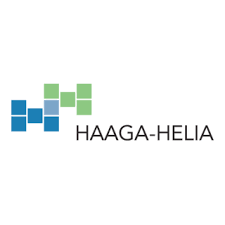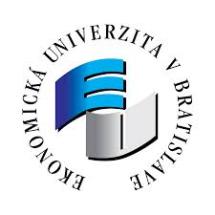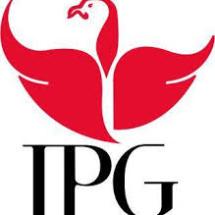CORALL
1. 12. 2019 – 31. 7. 2022
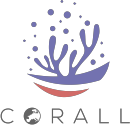
Coaching-oriented Online Resources for the Autonomous Learning of LSP
Erasmus+ Strategic Partnerships for Higher Education
2019-1-HU01-KA203-061070
Expected results and outputs of the project:
- Conceptual framework for coaching-oriented approach in teaching and autonomous learning in LSP (languages for specific purposes)
- Resources to support students’ autonomous learning of LSP (in English, German and Spanish), available online
- Sample materials and modules for self-study and to integrate into LSP classes or LSP related projects, enhancing autonomous language learning skills
- Case studies
- Training material for teachers of LSP
Project rationale:
The objective of the CORALL project is to launch a transnational initiative − developed in the framework of a strategic partnership − to support students in becoming more autonomous learners and train teachers of LSP in how to help learners to become more autonomous. Besides the University of Chemistry and Technology, Prague, the project partnership includes the Budapest Business School (Hungary), Berliner Hochschule für Technik, Berlin (Germany), Haaga-Helia University of Applied Sciences, Helsinki (Finland), University of Economics in Bratislava (Slovakia), and Instituto Politecnico da Guarda in Guarda (Portugal).
In order to meet these objectives, the project aims to support learners’ language development in LSP through developing their autonomous language learning skills in an online environment. Teachers of LSP will benefit from the partner institutions’ practices and expertise, while the overall project will promote lifelong learning and contribute to the universities’ strategic aim of internationalization.
As it is generally accepted that autonomous language learning is more effective than non-autonomous, when students become more autonomous language learners, they also become more effective learners. Although the general level of students’ competency for autonomous learning and teachers’ competency to develop students’ autonomous learning is different in the participating institutions, each partner institution, its teachers and students will benefit from the project. Teachers of LSP will benefit from the partner institutions’ practices and expertise, while students will have the opportunity to cooperate and collaborate with students of the other institutions and the overall project will contribute to the universities’ strategic aim of internationalization.
A further objective of the project is to create resources to support autonomous language learning which will not only be available for the language teachers and students of each participating institution but will constitute open educational resources (OER). The observation of international good practices revealed that many universities in Europe have online self-access centres to enhance their students' autonomous language learning (though not yet in the participating universities), but no international joint initiative has been realised in this field yet. Consequently, an international cooperation would make the project more meaningful than an individual institution's initiative, for the following reasons: 1) the experience of partner universities could be used, 2) the resources could be shared on a common platform which would allow further cooperation between students and educators of universities with similar profile, 3) the experience of the partner universities could be integrated, 4) the impact of the resources created in the framework of the project would not be limited to one institution’s teachers and students.